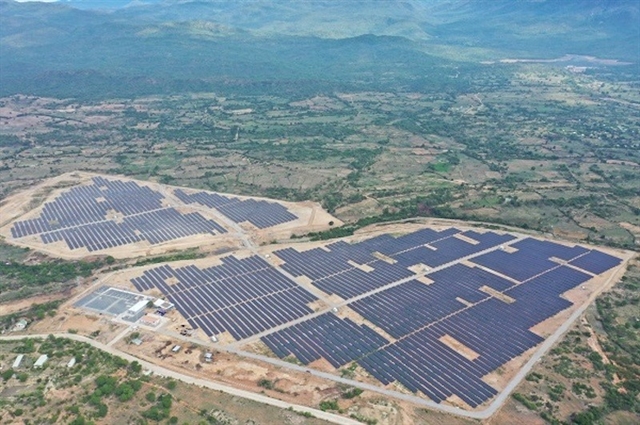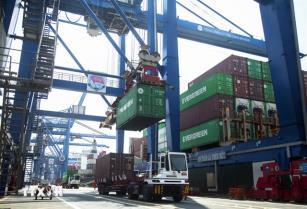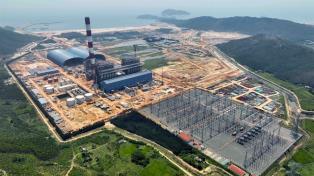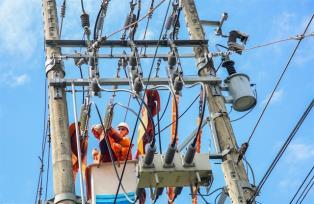The stated policy objective is a pricing framework that supports investment decisions, allows buyers to budget reliably, and maintains system integrity.

HÀ NỘI The Ministry of Industry and Trade (MoIT) is prioritising price formation and cost allocation for renewable electricity under Việt Nam’s evolving direct power purchase agreement (DPPA) regime and offshore wind framework.
This has been seen as a reassurance to investors on the country's renewable sector's development.
In 2024, the Government issued Decree 80/2024/NĐ-CP on DPPAs between renewable generators and large consumers, and Decree 135/2024/NĐ-CP on self-produced, self-consumed rooftop solar.
In early 2025, to reflect changes in the Law on Electricity, adjustments to Power Development Plan VIII and the two-tier local administration model, these were replaced by Decree 57/2025/NĐ-CP (DPPA) and Decree 58/2025/NĐ-CP (renewable and new energy).
Initial implementation has produced early market signals: by June 2025, dozens of DPPA contracts were active; rooftop solar reached about 1,261 MWp with roughly 1.6 billion kWh generated (around 0.56 per cent of total system output). At the same time, stakeholders asked MoIT to focus on pricing rules so projects can reach bankability and buyers can assess cost exposure.
Enterprises requested detailed guidance they can model. A Samsung representative asked MoIT to specify how DPPA charges and difference-settlement costs are determined and apportioned, enabling buyers to test financial viability before signing.
Firms such as T&T and Samsung also called for harmonised rules on battery energy storage systems across Decree 57, Power Development Plan VIII, and related legal texts, because storage materially affects dispatch profiles, settlement outcomes and, therefore, price risk.
Independent auditors highlighted the data foundation for pricing. Deloitte proposed publishing cost and generation datasets used in setting price bands and in operations oversight. Greater data transparency would help align investor models, lender diligence and system-operator calculations, and reduce disputes over invoices and settlements.
For Decree 58, which covers self-produced/self-consumed generation and offshore wind, pricing intersects with technical and contractual definitions. Petrovietnam recommended region-specific flexibility for survey areas and clearer drafting around minimum long-term output obligations and their conditions.
These provisions influence project sizing, capacity-factor assumptions and, ultimately, leveled prices and offtake terms. Stakeholders also asked MoIT to clarify tendering rules, execution timelines, and penalties for delay, since bid pricing embeds these risks.
Operational practices need to support the price rules. EVN reported unregistered rooftop installations, which complicate measurement, verification and settlement. It proposed explicit sanctions to improve compliance and data quality.
In industrial parks, authorities and businesses asked for guidance on internal power sales and on whether caps for exporting surplus rooftop electricity can be raised or seasonally adjusted, given the impact on revenue stacks and implied prices.
Process changes are being considered to reduce transaction costs that feed into final prices. An NSMO proposal would let parties negotiate and sign contracts first, then file with competent authorities for record and oversight, instead of seeking pre-negotiation confirmations.
MoIT’s Electricity Authority will compile this feedback and report to ministry leadership for potential amendments via fast-track procedures under the amended 2025 Law on Promulgation of Legal Documents.
Deputy Minister Nguyễn Hoàng Long stated that pricing-related clarifications - methodologies, data disclosure, settlement rules and enforceable timelines - will be prioritised to improve feasibility, transparency and ease of implementation for localities, investors and large consumers.
The stated policy objective is a pricing framework that supports investment decisions, allows buyers to budget reliably, and maintains system integrity, enabling renewable projects to reach operation on schedule and contribute to secure electricity supply and national energy objectives. VNS





